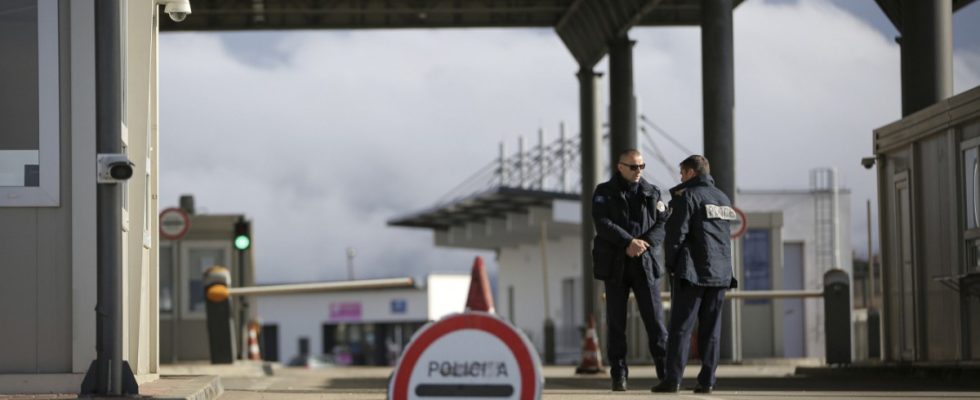From the beginning of next year, citizens of Kosovo will no longer need a visa when traveling to countries in the European Union for up to 90 days. The European Parliament decided on Tuesday, making Kosovo the last country in the region to benefit from such travel regulations – even though it has met the conditions set for them since 2018. Several EU countries, including France and the Netherlands, had blocked the process.
The government in Pristina welcomed the decision of the European Parliament as further evidence that “significant progress had been made in relevant areas”, such as the rule of law and the fight against corruption. Parliament’s rapporteur, Thijs Reuten, described the decision as a “milestone” on the country’s path towards the EU. It is a “long-awaited and well-deserved moment for the citizens of Kosovo”.
Serbia’s foreign minister complains of “collective memory loss”
Serbia’s Foreign Minister Ivica Dačić, on the other hand, railed on Wednesday that he had the feeling that something like “collective memory loss” was currently being experienced. He was referring to the “Brussels Agreement” that the governments of Serbia and Kosovo signed with the mediation of the EU exactly ten years ago: a declaration of intent divided into 15 paragraphs to “normalize” their relations. Among other things, it states that both sides would not hinder each other in their respective aspirations to join the European Union sooner or later.
A particularly important point, to which six of the 15 paragraphs are dedicated, is the situation of the Serbian minority in the north of Kosovo, which is predominantly inhabited by Albanians: According to the paper of April 19, 2013, their members should fit into the structures of the country, which split from Serbia in 2008. In return, the Serbian communities in northern Kosovo are to be granted a certain degree of autonomy and be able to join together to form a community association.
Serbia’s Foreign Minister Dačić, who signed the Brussels agreement ten years ago in the prime minister’s office, has now described the exemption from the visa requirement as an undeserved “reward”: After all, Kosovo has not yet fulfilled its obligations, namely enabling a Serbian community association in the north of the country .
There has not been too much tangible progress in the past ten years since the agreement was signed. Relations between Serbia and Kosovo can hardly be said to be normal, and both are still a long way from joining the European Union. The rhetoric on both sides continues to be characterized at least by distrust. Kosovar President Vjosa Osmani said on Tuesday that Serbia continues to pose “a direct threat to the security of the region”. The country acts as “Russia’s satellite in the western Balkans”.
Kosovo is not supposed to be recognized under international law, but in fact
Under the impression of the Russian war of aggression in Ukraine, the Europeans recently intensified their efforts to bring Serbia and Kosovo closer, which had been idle for a long time. On the initiative of Germany and France, both sides verbally agreed to a document in Brussels at the end of February that aims, among other things, for Serbia to recognize the neighboring country in fact, although not under international law. The founding of the Serbian Association of Municipalities is also laid down in the paper.
However, neither side signed the document; Serbian President Aleksandar Vučić in particular had resisted. On Wednesday, he said Belgrade will fulfill all its obligations under the Brussels agreement once Pristina allows the Serbian association of municipalities. At the same time, however, he confirmed that Kosovo would continue to be opposed to membership in international organizations such as the United Nations.

